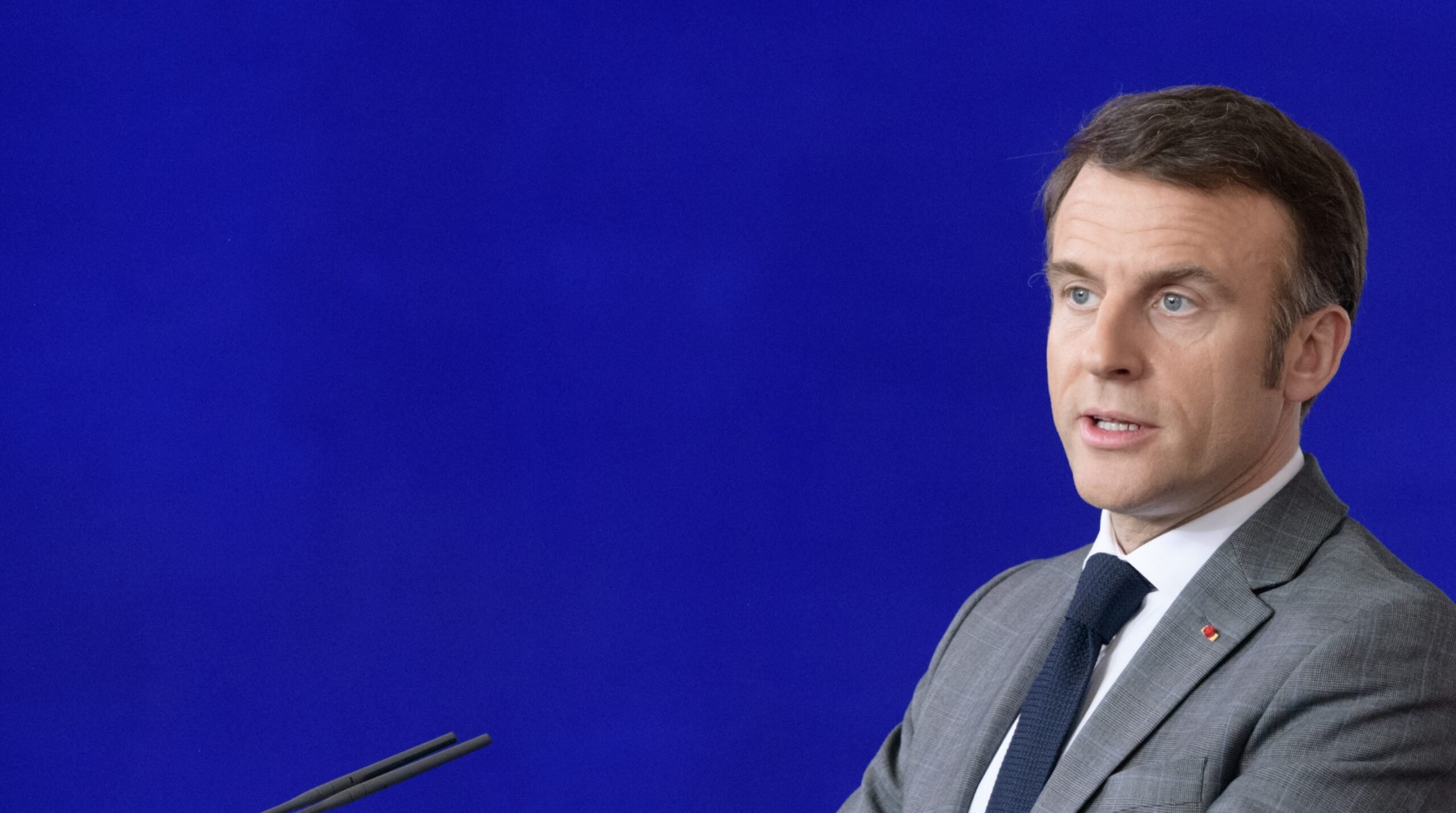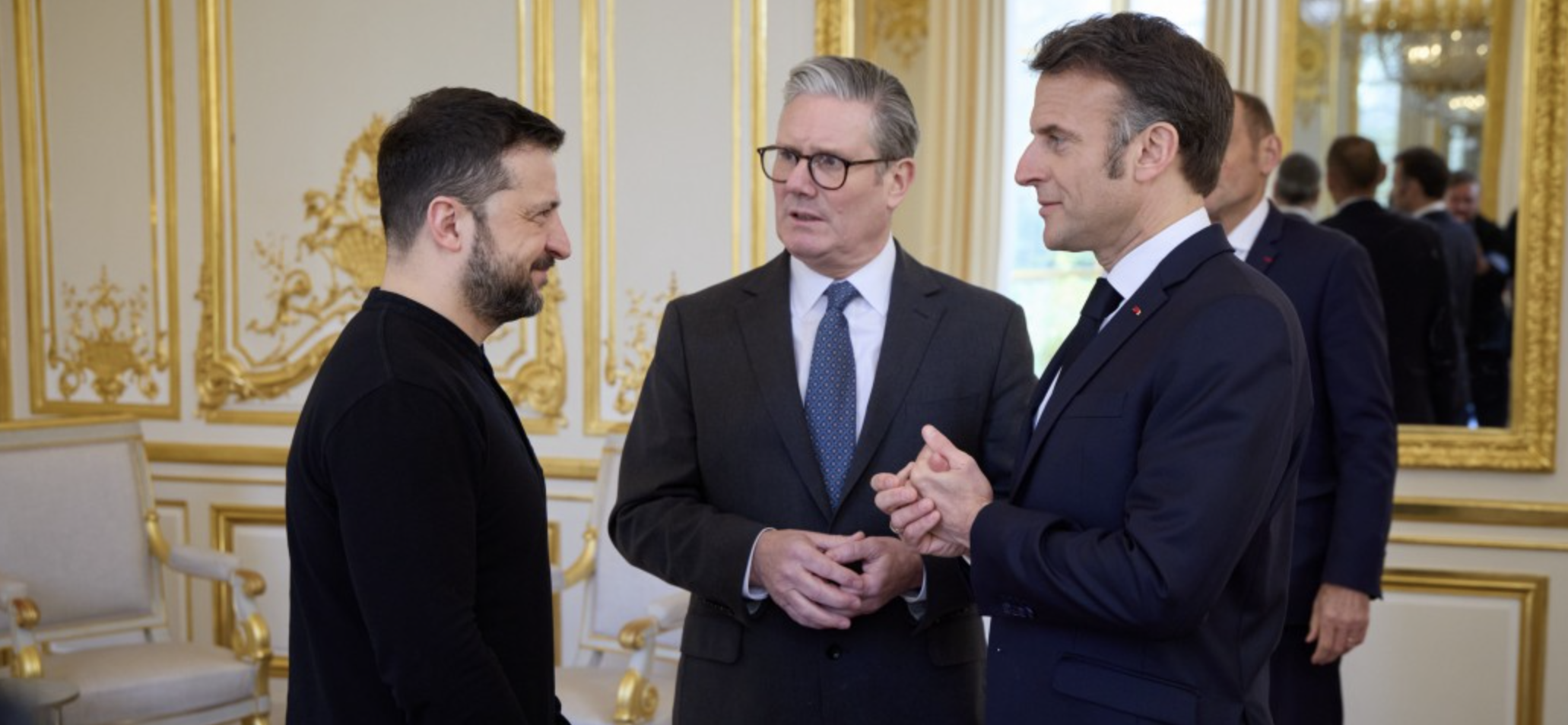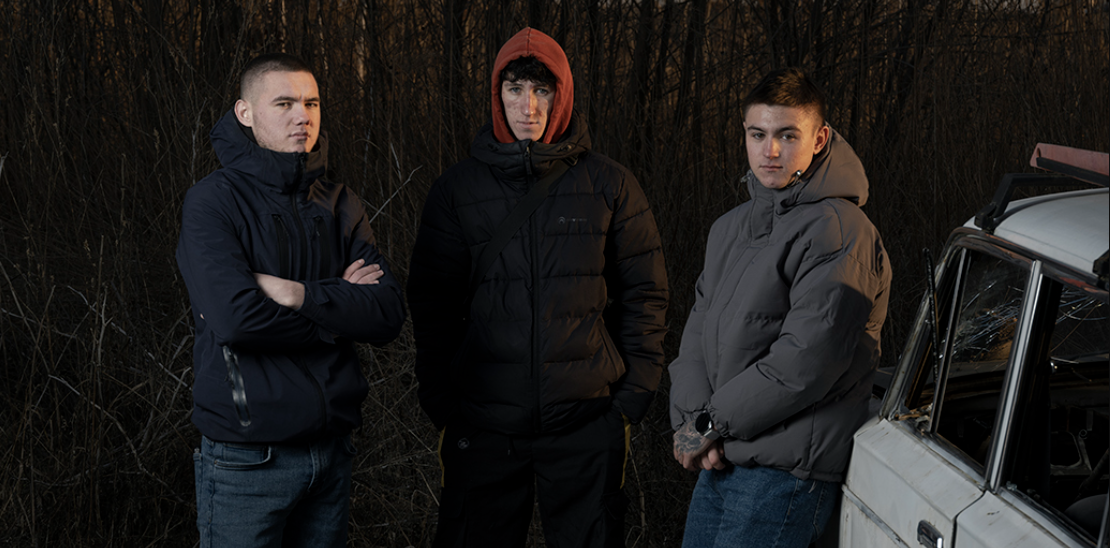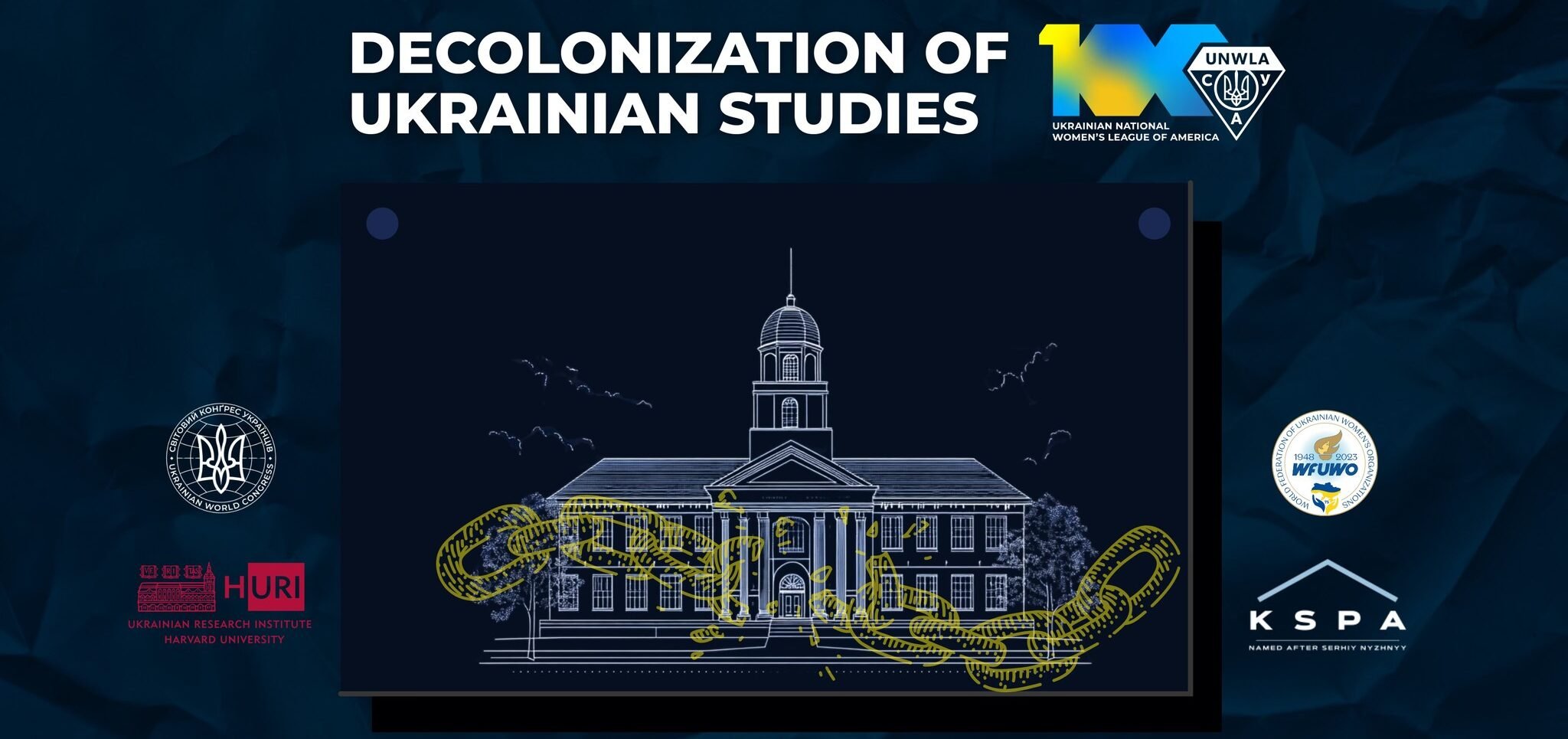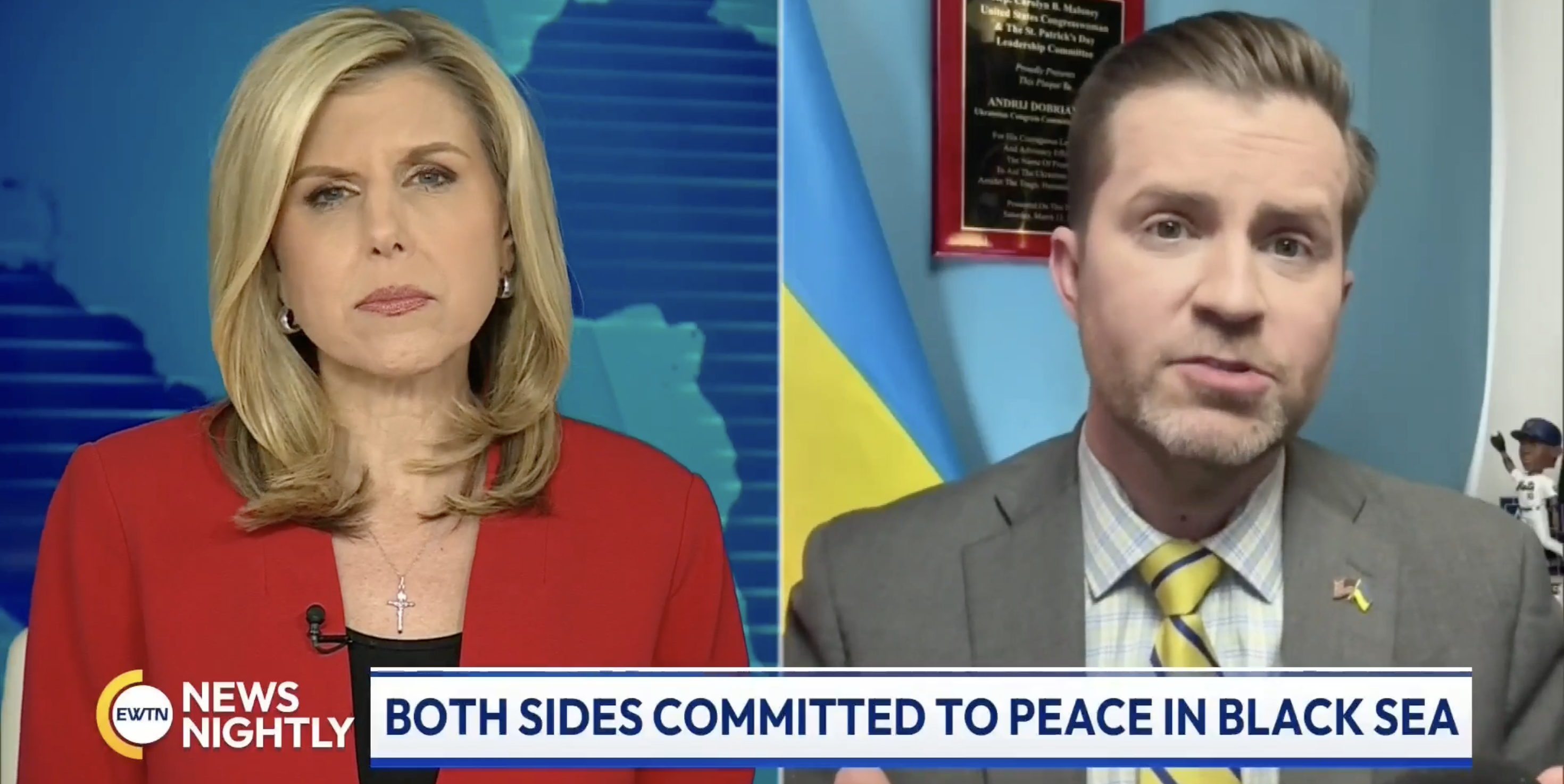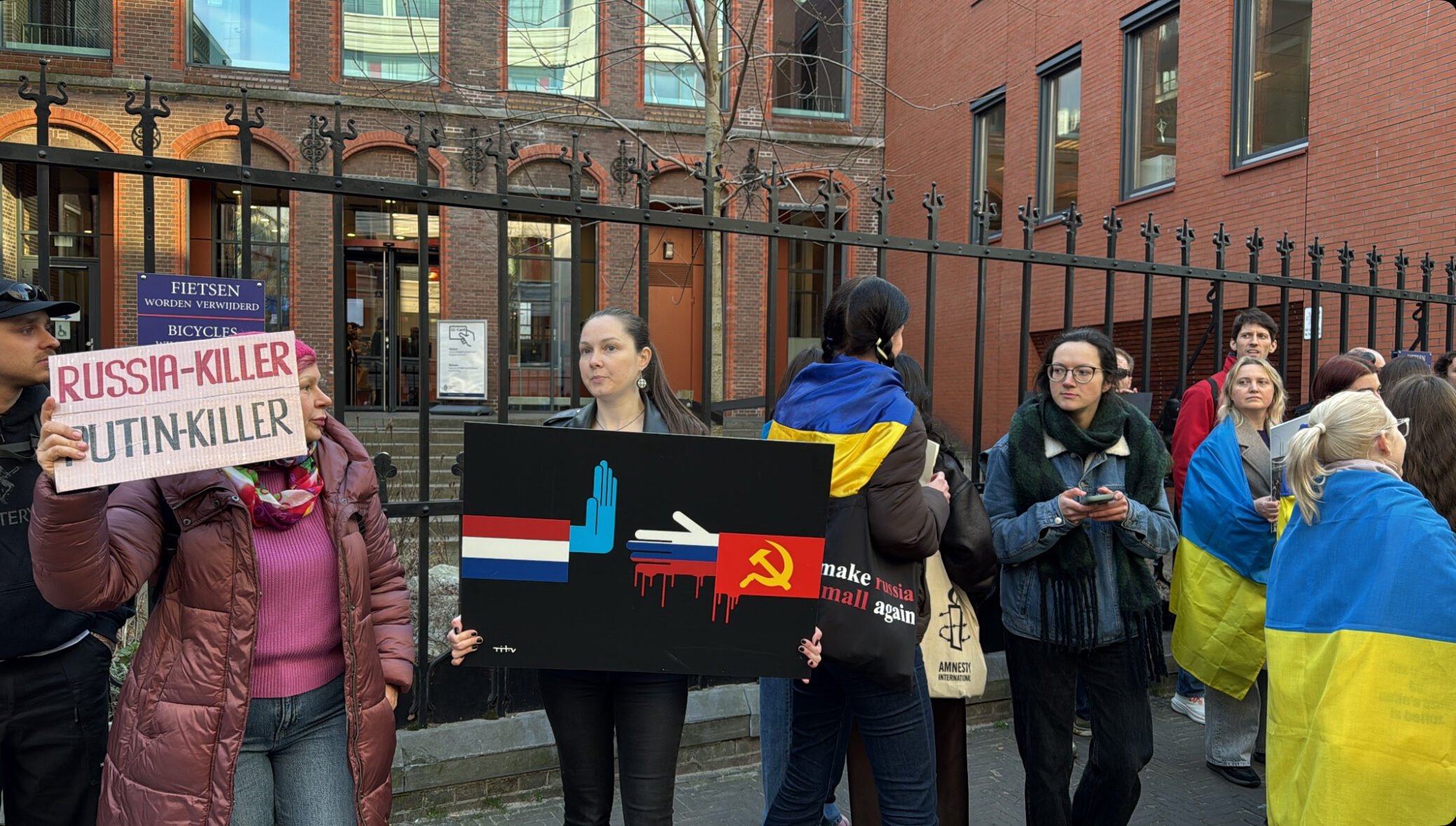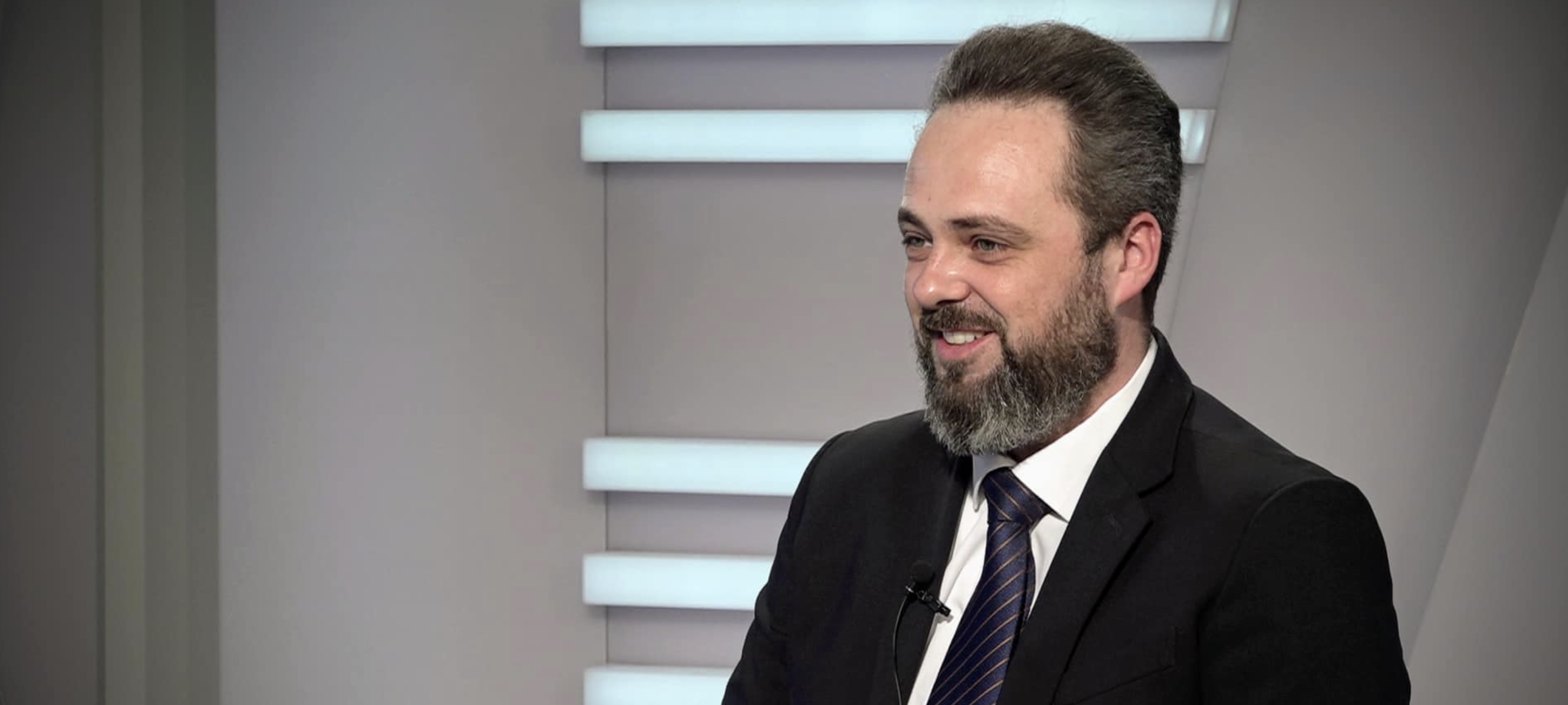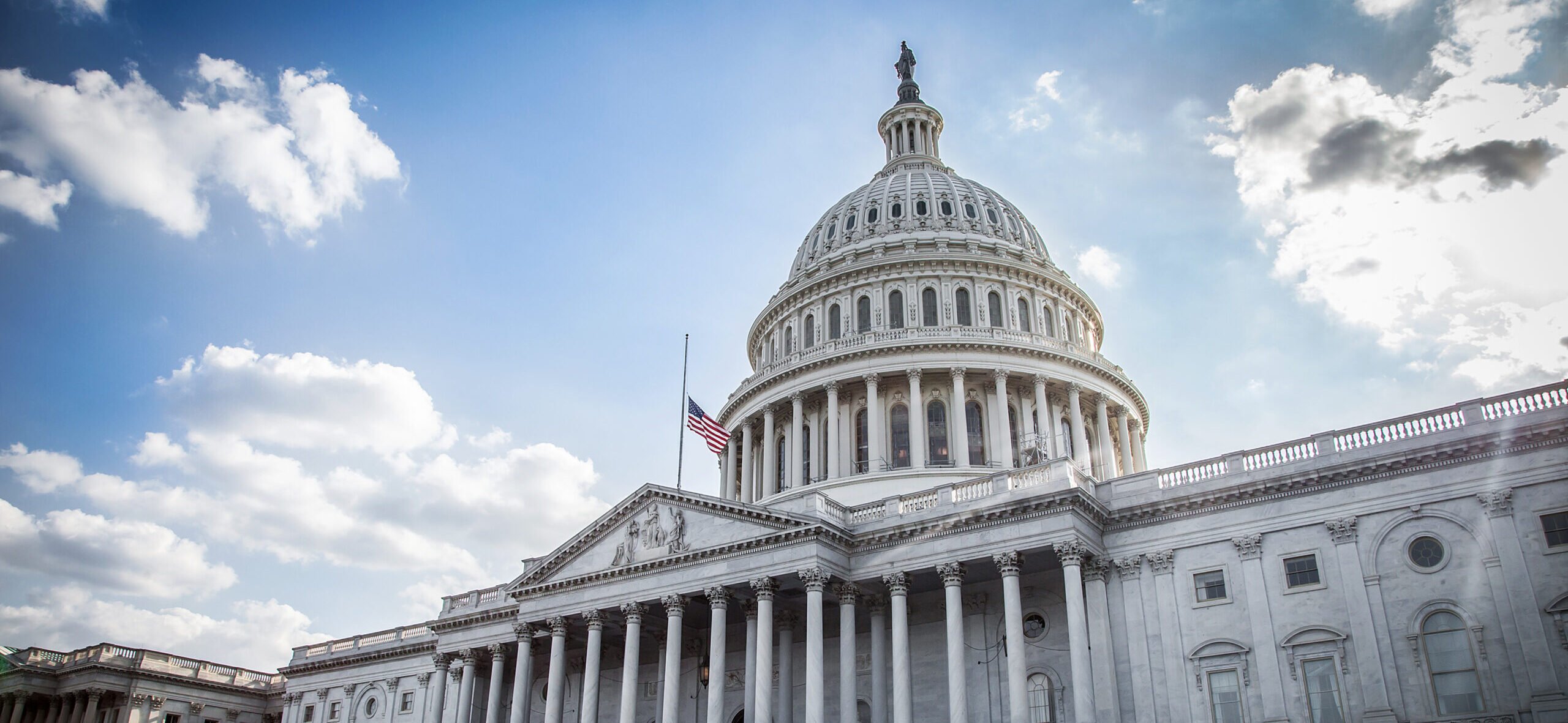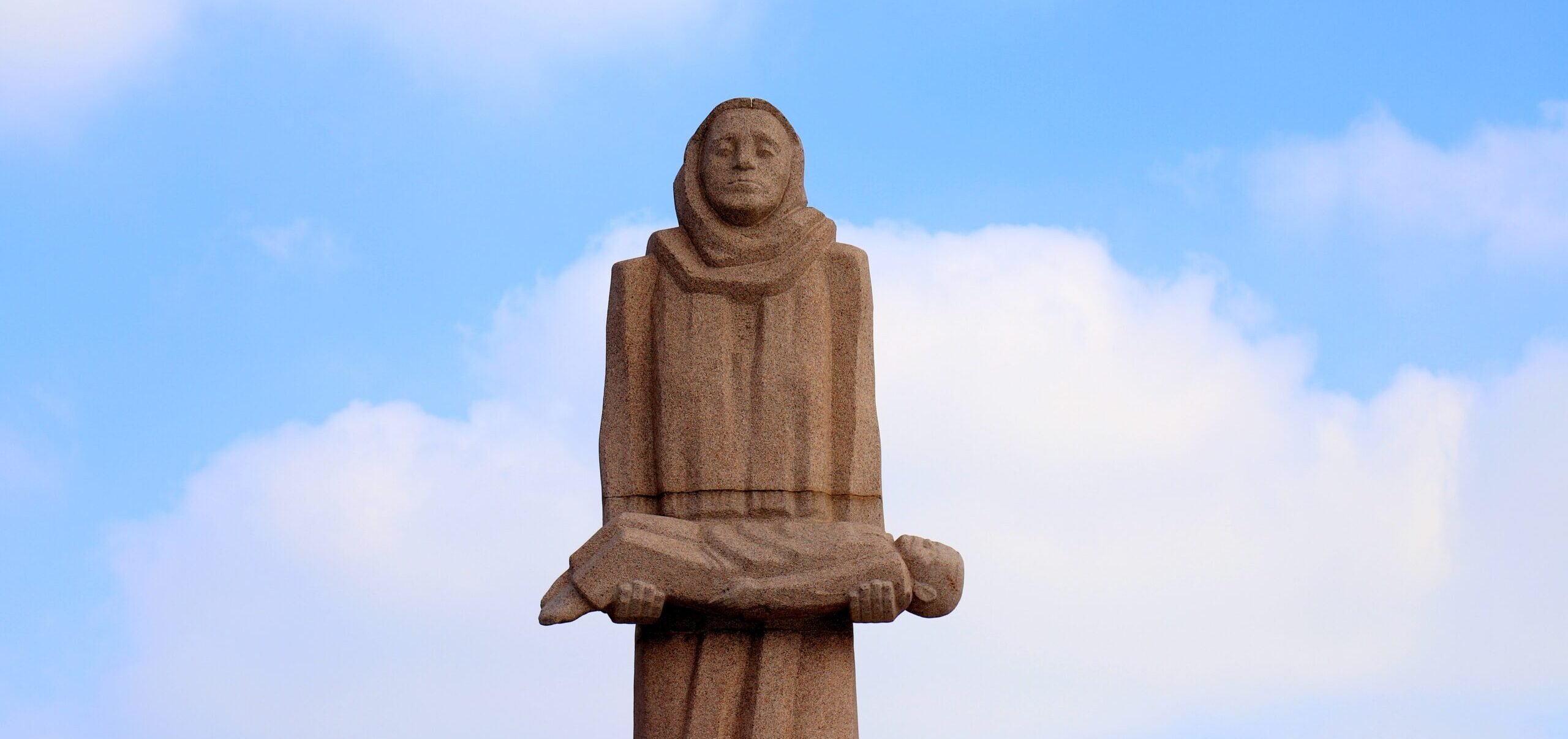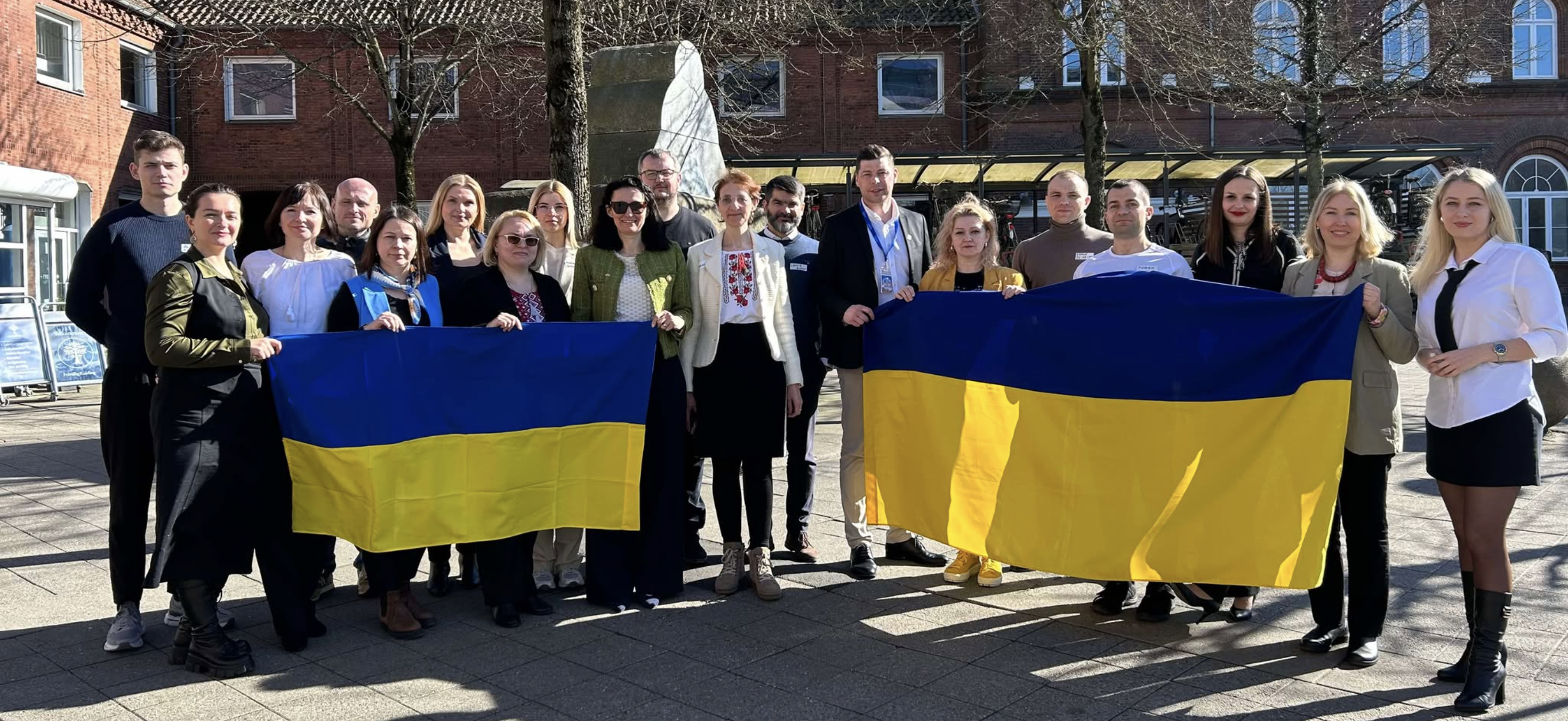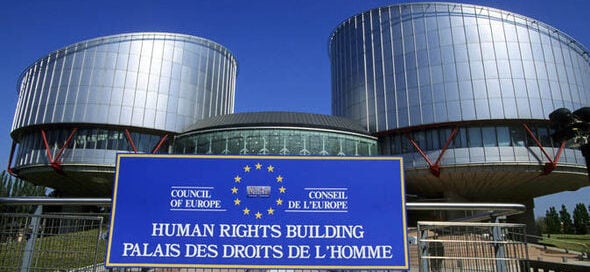
Оn 18 June 2024, the European Court of Human Rights delivered a judgment deciding that Russia violated article 11 of the European Convention on Human Rights in designating the Ukrainian World Congress (UWC) as an “undesirable organisation”. Such designation is applied when Russia determines “that the organisation undermines the foundations of the Russian constitutional order, defence capabilities, or national security of Russia”.
On 11 July 2019, Russia’s General Prosecutor’s Office declared the UWC an “undesirable organisation”, attributing to it such “anti-Russian activities” as: “advocating for a change of government in Russia and the return of Crimea to Ukraine, calls to provide Ukraine with lethal weapons and to strengthen sanctions against Russia, revising the shared history of Russia and Ukraine, undermining Orthodoxy in Ukraine, halting the Nord Stream 2 pipeline construction, and limiting the use of the Russian language in Ukraine’s cultural domain”.
Russia accused the UWC of promoting these initiatives through multiple avenues, such as: “initiating discussions during the organisation President’s visits, his speaking at international forums such as the Parliamentary Assembly of the Council of Europe and the European Commission, staging anti-Russian campaigns including the “Red Card for Putin” during the FIFA World Cup, partnering with other undesirable organisations, and promoting controversial ideas such as the return of Crimea”.
When an organisation is designated as “undesirable”, it is prohibited from implementing projects in Russia and disseminating any content through media or the Internet. The organisation’s website is blocked within Russia. Since 2021, Russian nationals are prohibited from participating in the activities of an “undesirable organisation”, even when occurring outside Russia.
The failure to comply with these restrictions incurs administrative and criminal liabilities. First-time offenders can be fined. Repeat offenders and individuals who organise the operation of an “undesirable organisation”, can face a range of criminal penalties, including fines, compulsory labour, and imprisonment.
After exhausting its legal recourses in Russia, the UWC submitted a claim against Russia to the European Court of Human Rights.
The European Court of Human Rights consolidated the UWC case with similar claims and, after reviewing the written submissions, rendered a judgment declaring that: “the interference arising from the designation of the applicant organisations [including the UWC] as “undesirable” failed to satisfy the “prescribed by law” criterion, being both unforeseeable and arbitrary. The domestic law did not provide the applicant organisations [including the UWC] with adequate and effective safeguards against the abusive use of the unchecked discretion granted to the executive, leaving them [including the UWC] vulnerable to arbitrary designation without the means for a preemptive or meaningful challenge”.
The Court also found that there was a violation of article 11 of the European Convention on Human Rights in respect of the applicants [including UWC’s former Regional Vice President and legal representative in Russia, Serhii Vynnyk], who have been convicted for their involvement with “undesirable organisations” [including the UWC].
Commenting on the Court’s decision, the Chairman of the Committee on the Protection of Rights of the Ukrainian World Congress and its Network, Eugene Czolij, asserted that: “The European Court of Human Rights rendered a sound judgment determining that Russia violated the fundamental principles enshrined in the European Convention on Human Rights”.
UWC President, Paul Grod, declared that : “This ruling underscores Russia’s persistent human rights violations against the Ukrainian ethnic minority, with the aim of eradicating Ukrainian national identity. The international community must implement concrete measures to safeguard the Ukrainian minority from Russia’s ethnocide. The UWC congratulates the Committee on the Protection of Rights of the Ukrainian World Congress and its Network for having successfully led this legal challenge and, more particularly, its Chairman and UWC’s former President, Eugene Czolij, UWC’s former Regional Vice President and legal representative in Russia, Serhii Vynnyk, and UWC’s former Vice President, Peter Sztyk. We are especially grateful to the law firm “Nazar Kulchytskyy and Partners” and, especially, its partners Nazar Kulchytskyy and Markiyan Bem, who undertook a pro bono mission to represent the Ukrainian World Congress in its claim before the European Court of Human Rights and helped us during this journey in pursuit of justice”.
Cover: open sources
